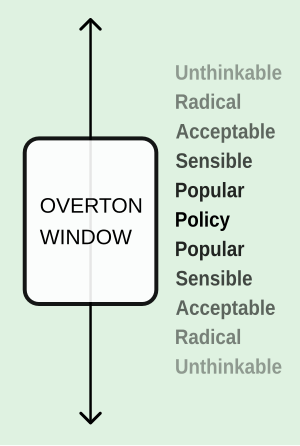
 3
3




Idle dreamer
 2
2




Seeking a long-term partner to establish forest garden. Keen to find that person and happy to just make some friends. http://www.permies.com/t/50938/singles/Male-Edinburgh-Scotland-seeks-soulmate
 3
3
 1
1











 1
1
 1
1








Idle dreamer








paul wheaton wrote:This image shows one of my many concerns. I think a lot of communities on the internet do this, and this what I don't want for permies.com.

Idle dreamer




Idle dreamer
 2
2









Idle dreamer




 4
4





France Zone 7a 1025mm rain, 1900 sunshine hours.

|
You had your fun. Now it's time to go to jail. Thanks for your help tiny ad.
permaculture bootcamp - gardening gardeners; grow the food you eat and build your own home
https://permies.com/wiki/bootcamp
|



